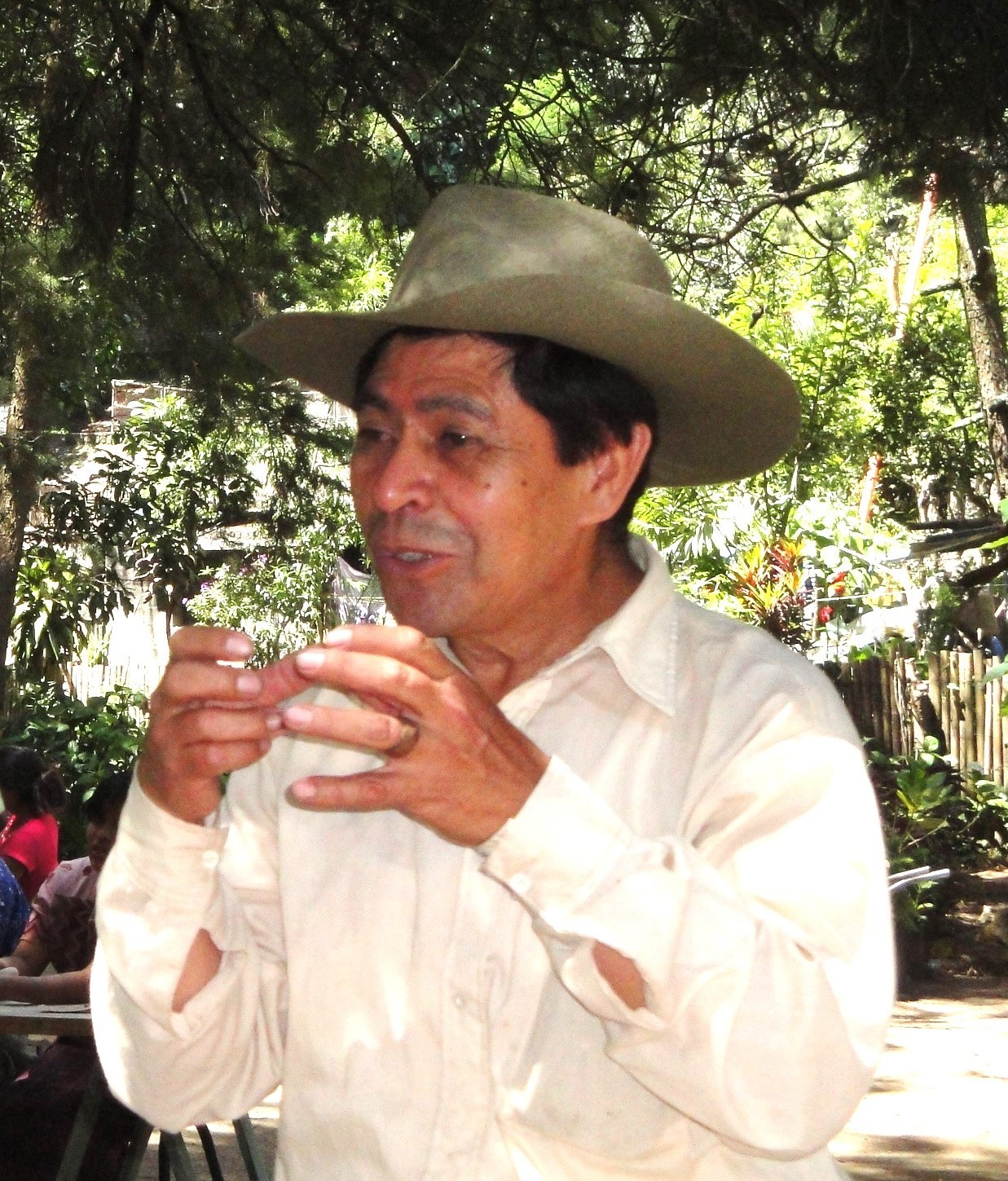Every day, they walked a glassy bridge from their spare rented room to the oncology unit for his chemo treatments. She, the mother, had given a bone marrow transplant as a last hope. He, the homeless son, needed that. She had locked her door against him when he started to steal her things, pawning them for drugs. Now they shared another umbilical embrace — love beyond reason.
She decided to treat their hospital stay as a retreat and wrote almost daily of some glimpse of grace. One day it was the stars embedded in the floor of the bridge between their worlds, suddenly visible in the slant of the sun. “Stunning,” she wrote, “like walking the heavens at night.” This gateway to wonder gave her peace and sustained her soul in the weeks they walked that bridge together.
At the end of Matthew’s gospel, Jesus appeared to his frightened followers and told them to “go and make disciples of all nations.”* As a potter, I’m curious about the phrase, making disciples. To me, making connotes shaping, stretching, moving some pliable material. How then are disciples made?
Although making disciples has been used to send missionaries to many countries, I hear Jesus calling us to love one-another closer to home, where strife and tension exist in families, schools, hospitals, and local politics — to love beyond fear and traditional boundaries.
During their medical stay, my friend became more attentive to the wonder of life itself. Distractions were stripped away. Time stretched out. She noticed small acts of kindness in the cafeteria. “It was like living in a monastery,” she said, “and I talked to Jesus a lot.”
Although her son died shortly after their medical intervention, she is different now, attentive to the sheer gift of life and more willing to speak of her faith – a disciple shaped by her surrender to call beyond fear.
—Marjory Zoet Bankson, Editor of InwardOutward
• What experience has led you to deeper faith?
• How might disciple and discipline be related?
• Where do you find language for those experiences?
Additional resource: Philip Simmons, Learning to Fall: the Blessings of an Imperfect Life (Bantum Books, 2002).





